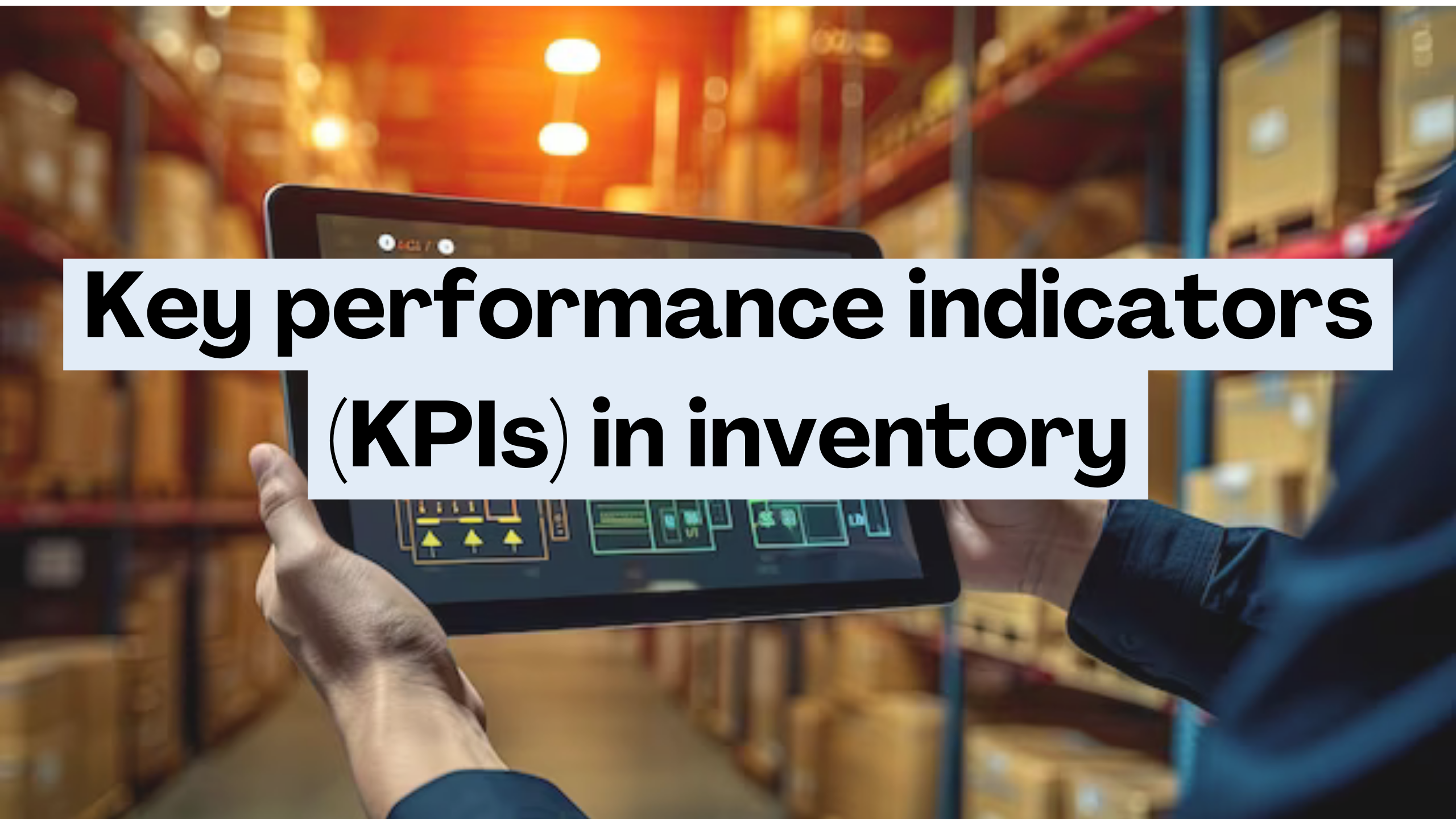Key performance indicators (KPIs) in inventory
- Data as a Service (DaaS) Software Marketing & Analytics


Key Performance Indicators (KPIs) in Inventory
Effective inventory management is not just about maintaining stock levels; it’s also about monitoring and optimizing performance through Key Performance Indicators (KPIs). For businesses leveraging Software as a Service (SaaS) subscription stacks, understanding the crucial KPIs in inventory is paramount. In this article, we’ll explore key performance indicators that play a pivotal role in inventory management and introduce relevant SaaS products tailored to enhance your KPI monitoring.
Understanding KPIs in Inventory
What is KPI inventory?
KPIs in inventory refer to specific metrics and indicators that businesses use to measure and evaluate the performance of their inventory management processes. These indicators provide valuable insights into various aspects of inventory control, helping businesses make informed decisions and improve overall efficiency.
Key Performance Indicators (KPIs) in Inventory
- Inventory Turnover Ratio
- Measures how quickly inventory is sold or used within a specific timeframe.
- Stock-Out Rate
- Indicates the frequency and duration of stockouts, highlighting potential issues in supply chain management.
- Order Accuracy
- Assesses the precision of order fulfillment, minimizing errors and improving customer satisfaction.
- Carrying Costs
- Calculates the expenses associated with storing and maintaining inventory.
- Fill Rate
- Evaluates the percentage of customer demand that can be met immediately from available stock.
- Backorder Rate
- Reflects the percentage of customer orders that cannot be fulfilled immediately due to insufficient stock.
- Lead Time
- Measures the time between placing an order and receiving the goods.
Relevant SaaS Products
- TradeGecko
- Comprehensive inventory and order management with a focus on demand forecasting.
- Zoho Inventory
- Offers features for inventory control, order fulfillment, and seamless integration.
- Fishbowl
- Robust inventory management solution, particularly suitable for small to midsize businesses.
- inFlow Inventory
- User-friendly platform for inventory tracking, order management, and insightful reporting.
- QuickBooks Commerce
- Integrates inventory management with accounting, streamlining financial operations.
Conclusion
In the realm of SaaS subscription stacks, effective inventory management is driven by keen insights derived from key performance indicators. The KPIs mentioned, when monitored and optimized using the right tools, contribute to streamlined operations, reduced costs, and improved customer satisfaction. Explore the mentioned SaaS products to align your inventory management with these crucial KPIs and elevate your business efficiency.
Explore Further:
Visit each product’s landing page to understand how they can enhance your KPI monitoring and contribute to more effective inventory management.








